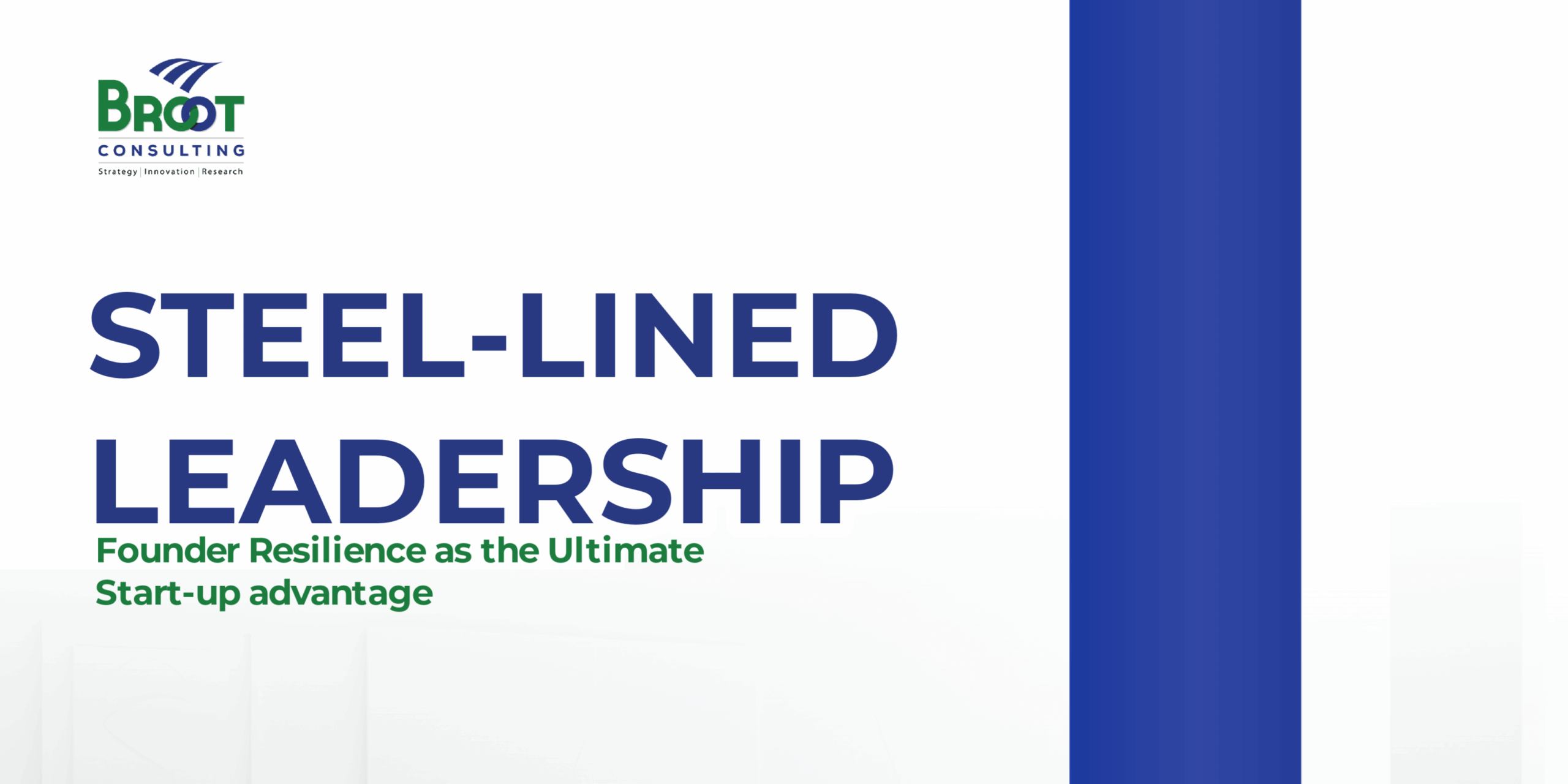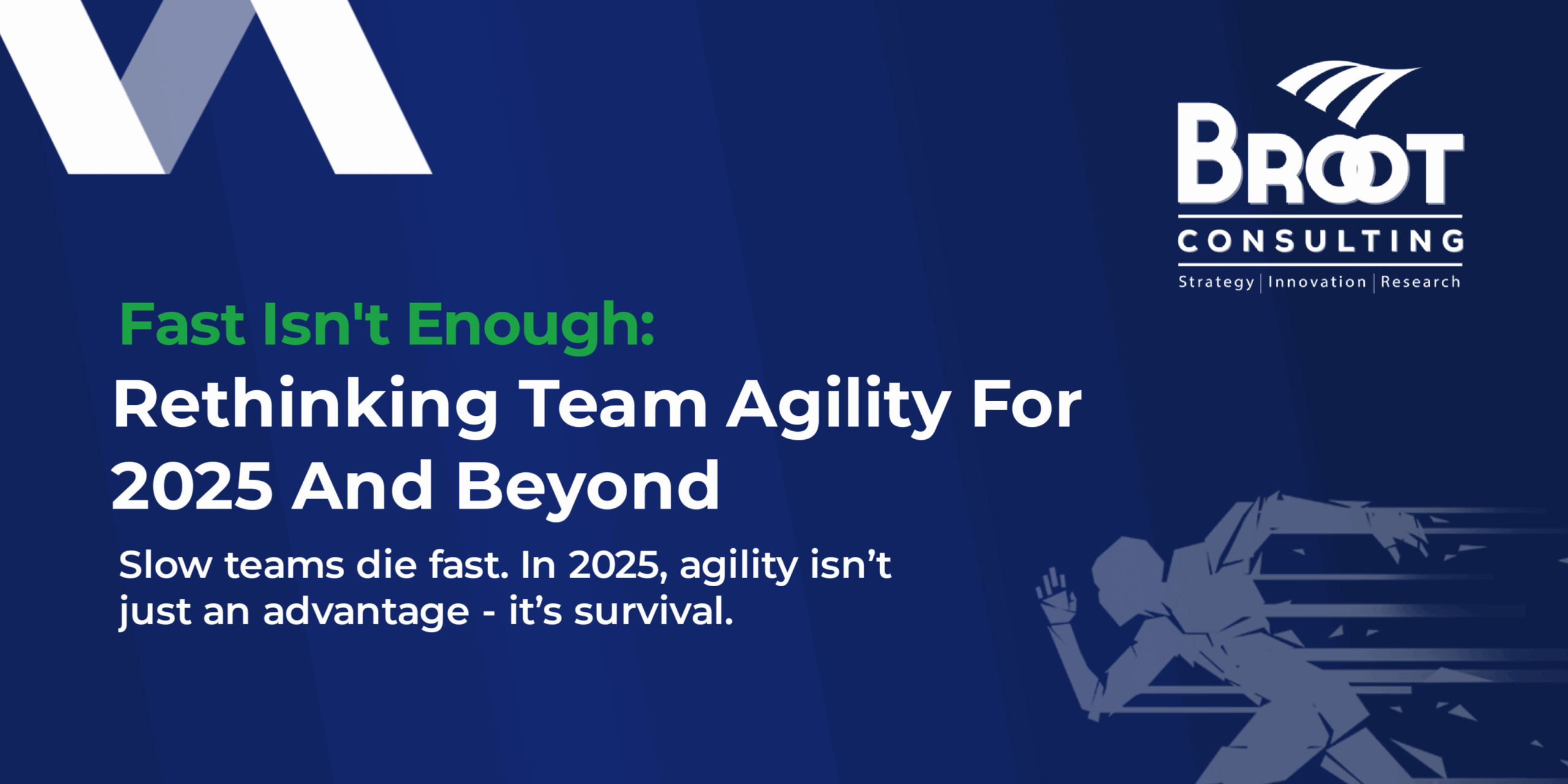“Great leaders genuinely care for and love the people they lead more than they love leading itself. Leadership without love degenerates into self-serving manipulation.” – Rick Warren.
Are you happy? When was the last time your boss asked you this simple but profound question? Can you recall the last time you asked your workplace colleagues the same? Maybe not in those exact words, but how often do you walk up to your subordinates or colleagues to ask them about their life challenges and how you can be of help to them? Caring for others may not come easy, especially in today’s high pressure and cut-throat environment. Emotionally intelligent leaders, however, understand that through a caring and inclusive practice they could create positive energy that reduces unhappiness, stress and burnout among employees and dramatically improve organisational performance.
Employees will keep quiet and refrain from sharing their innate pains and challenges if they cannot trust you. If they sense that you are less concerned or afraid that you will end up calling them names or even use the information against them. Leaders can reduce unhappiness in the lives of employees and bolster productivity and profitability through the act of caring and inclusiveness. An unhappy employee is a potential source of costly errors and low productivity. In his article, “When sadness comes to work”. Professor Christine M. Pearson of Global Leadership at the Thunderbird School of Global Management, Arizona said working with sad people crushes enthusiasm, drains productivity, and dullens the esprit de corps. Sad employees display low energy and lose interest in what once engaged them. Dr Annie McKee of the University of Pennsylvania puts it succinctly “When we are unhappy and miserable and disengaged, we don’t give our best.”
Leaders must be conscious that within them lies both the power to create happiness in the workplace or cause misery. Dr McKee’s research shows that Happy companies outperform their competitors by 20 per cent. Therefore, the level of performance in an organisation is a function of the level of happiness created by the leadership in that organisation.
In his 2013 book, Leadership: Theory and Practice, Peter Northouse an Emeritus Professor of Communication at Western Michigan University, said employees would reach their full potential when the leadership is attentive to followers needs.
Hakuna Matata: Leadership insight from The Lion King
Internet ImageA famous Swahili phrase from the Lion King movie of 1994, “Hakuna Matata” which means “Here, there are no troubles”, is a perfect illustration of reassurance and motivation that a daunting situation could be turned to an atmosphere of connectedness, joy and togetherness. Let us focus on the five major characters in the movie: Mufasa, The Lion King; Simba, the heir apparent; Scar, an ego consumed and jealous uncle of Simba; Timon and Pumbaa, a meerkat and a warthog who risked their lives to rescue Simba from his pitiable and near death situation.
Mufasa rules the Animal Kingdom with dignity and respect for everyone; there is joy and tranquillity in the land. Apart from the hyenas who are never accepted, Mufasa runs a near inclusive kingdom. However, lions and other animals were brainwashed to hate and see the hyenas as the enemy. Scar, the brother of Mufasa, who had always had his eyes on the throne gets disillusion when the King welcomes Simba, his newborn son into the world. Unbeknown to Mufasa, the declaration of Simba as the heir apparent embitters Scar, who desire the throne at all cost. With Simba in the picture, the hope of achieving that was very slim; he thus plots the death of both Simba and his father. Unfortunately, this policy of exclusion and hatred [of the hyenas] becomes the Achilles heel that ultimately led to Mufasa’s demise.
What did he do? He uses the hyenas to cause a commotion. In a bid to save his son, Simba from a stampeding herd of wildebeests, Mufasa saves his son but couldn’t quite make it out of the canyon when his brother – Scar, shows up. Mufasa asks Scar for help; however, Scar who wants to take over as king pushes Mufasa into the stampede, and he dies from the trampling. Then Scar goes on to manipulate Simba into running away from the pride and becomes king.
When leaders encourage a culture of hate and exclusion, it may cause their fall and a consequent disruption of the organisation.
This movie holds critical lessons for building a caring and inclusive leadership
- Understand the power of connectedness: regardless of our status and background, we are all connected in one way or the other. While Mufasa fully realised this, he left the hyenas out, creating a weak point through which chaos crept into the kingdom. Inclusiveness is the only practice that facilitates cohesiveness and happiness in any society.
- Be people-oriented: Scar grabs power but not responsibilities. He gets the position but does not have the people. A leader whose principal focus is to seize power/throne at all cost usually show no care for the people they lead. Such a leader never asks if the people are happy and okay. Scar was deceitful, manipulative and egocentric; typical traits found in all leaders whose main focus is to acquire a leadership positions for selfish reasons.
- Recognise your unconscious bias: In one of their many conversations, Mufasa tells his son without mincing words “One day the sun will set on my time and rise with you as King.” True to those words, as grand and majestic as Mufasa’s life was, it ended abruptly because he failed to recognise his unconscious bias against the hyenas. Whenever you are in a high and lofty position, you should be conscious of the fact that a Leadership position is never forever. In reality, there is nothing like a forever CEO or a President for life because every life has a terminal date and sooner than expected the sun will set on our time. Lead your followers therefore with courage, empathy and humility.
- Build strong visions not excuses: Scar gets to the throne and has no specific vision for his people. Scar had promised to feed the hyenas while convincing them to help overthrow Mufasa, when he became king, he attributed his inability to provide food to the fact that it was the lionesses who usually hunt in the pride, therefore he couldn’t quite do so much in that regard. Leaders that are only concerned with being in a place of authority may be devoid of tangible vision that benefits the corporate good.
- Be genuinely concerned about your subordinates: Mufasa, the Lion King, recognised that there would be challenges in the kingdom, but he chooses to encourage his son Simba to be strong and courageous Great leaders inspire others and make them have confidence in themselves.
- Never afraid to go through the process: having lost his father, life becomes hostile to Simba. There will always be difficult challenges, however, remember “Hakuna Matata.” In the face of daunting challenges, a good leader must display courage and bravery and let followers know that there aret worries or troubles, but it does not have to weigh them down.
- Never repay good with evil: betrayal is very common in leadership. Timon and Pumbaa found Simba at the most vulnerable state. They found him unconscious and decided to rescue him knowing fully-well he could grow up and have them for dinner. Regardless of this, Timon and Pumbaa still chose to help Simba out of his depressive mood. They encouraged him to look beyond the challenges and past mistake. When Simba becomes an adult and gets to the position of authority, he does not turn against those who were there for him.
- Explain mistakes with kindness: In the opening scenes of the movie, Simba disobeys his father’s order and embarks on a dangerous mission. He took the risk that endangers his life and that of his female friend Nala, including his father’s life. Mufasa was upset with him; however, he never called Simba names, he instead explained to him with kindness the possible consequences of his adventure.
Conclusion
Showing deep interest in the wellbeing of followers is not a sign of weakness nor a distraction to any leader. It is rather a strategy that brings out the best in the subordinates, builds a cohesive and happy organisation. Harsh tone and cut-throat practices may succeed in the short term however, an enduring success only comes from a culture of care and inclusion. A leader with a heart of gold will earn respect and honour of followers and bequeath strong values on future generations. no matter how hard it is, every leader must lead with care, courage and kindness.
 Olukunle A. Iyanda, Ph.D., FCA, MBA
Olukunle A. Iyanda, Ph.D., FCA, MBA
Founder/Chief Executive Officer, BROOT Consulting
iyanda@brootc.com




